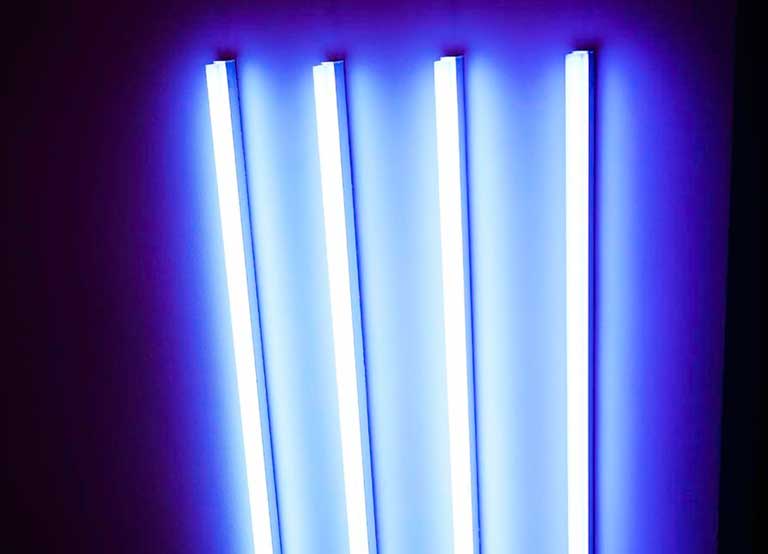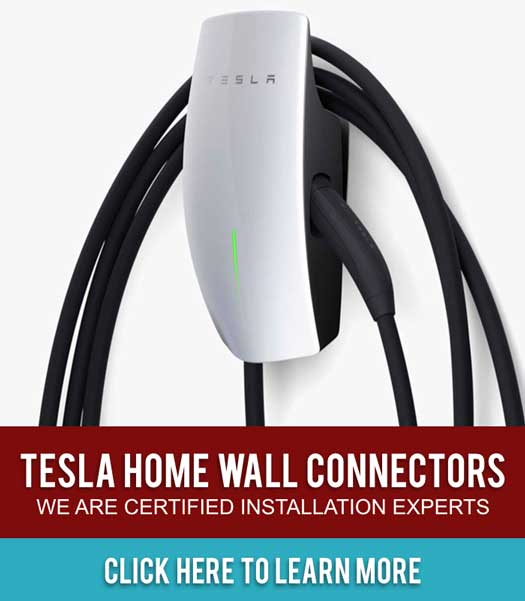The coronavirus pandemic has shed a new light on a not-so-new technology that can destroy viruses and bacteria – ultraviolet light.
Hospitals have been using it for decades, but there is now interest in using the technique in spaces like schools, restaurants, office buildings, and even houses to help reduce transmission of the coronavirus.
We strive to stay ahead of the curve when it comes to customer safety, so when assessing various cleaning and disinfection processes, we wanted to look into UV light application and share the info with our existing and future customers.
Here’s what Ultraviolet Light is and how it can be used for disinfecting:
UV light is a dependable, well-studied antimicrobial technology that works primarily by destroying the DNA inside bacteria, viruses and fungi. The high-energy portion that’s most effective within the UV spectrum is called UV-C. This makes it an efficient, environmentally-friendly and chemical-free way to prevent microorganisms from replicating in any environment.
UVC lights have been used for decades to disinfect industrial surfaces and sanitize drinking water, and have been shown to work against other coronaviruses, including SARS. A study showed that at least 15 minutes of UVC exposure inactivated SARS and made it impossible for the virus to replicate.
Whole-room UV disinfection systems in hospitals were first introduced to the U.S. around 2007, and ever since have been gaining popularity because they sanitize practically all of the surfaces in a room at once and there’s minimal labor. Plus, there’s no use of hazardous chemicals.
There are multiple companies today that make UV room disinfection devices, such as Xenex, UVDI, and Spectra254.

The disinfection devices come in a variety of configurations and most are designed with wheels, so they can be easily wheeled into a room, used, and then wheeled out. A stationary UV device, designed to be mounted on a wall, was recently introduced by a company called UVC Cleaning Systems. All of the devices produce UV light using either mercury- or xenon- UV bulbs. Mercury UV bulbs run continuously, while xenon UV bulbs pulse and emit UV light at several different germicidal wavelengths.
Shapes, sizes, and features of UV room devices vary, but most are the size of a small refrigerator or office water cooler. Some run for short periods of time while others run longer; some run until UV sensors placed in the room measure a particular UV dose, and some have mirrors that focus the UV light as the beam rotates around the room. Many have motion sensors that shut the device off automatically if a person enters the room during treatment. Some are controlled digitally by touch-screens, while others are more simple analog devices.
Companies that make UV devices must register with the United States Environmental Protection Agency (EPA), and then report how many units are sold each year thereafter.
Since the interest in UVC sanitizing increased, Amazon announced the creation of an ultraviolet robot for use in Amazon warehouses and Whole Foods stores, and has been selling other products, like UVC hand wands, meant for at-home use.
Several portable UV disinfecting devices are available on the market whose manufacturers claim they kill 99.9% of bacteria and viruses on phones, pacifiers, and other surfaces that can get contaminated.
However, many germicide experts have little faith in home products, as they are not regulated and there’s a lot of room for user error, plus they have not been studied sufficiently by scientists. It takes good engineering and science to develop UVC device correctly, and although some of the in home devices may be effective, a lot of them, specially the cheap ones, are likely unreliable.
At Denny’s Electric Service, we provide full residential and commercial/industrial electrical services, and pride ourselves on being committed to delivering not only quality workmanship and superior service, but also the resources necessary for you to make the best decision when it comes to your home or office electrical needs.
Your search for a reliable and skilled electrical contractors in southeastern Pennsylvania ends right here – schedule and appointment with Denny’s Electric Service today to receive quality residential and commercial electrical services, or call us at: 610. 775.9735.

